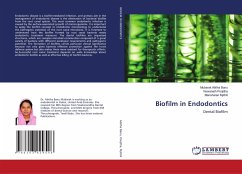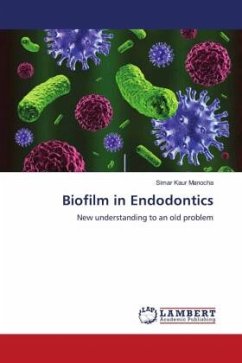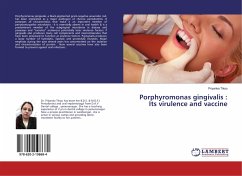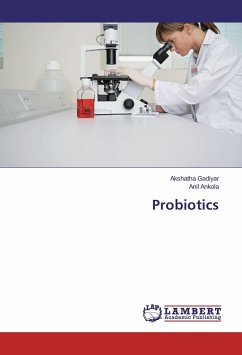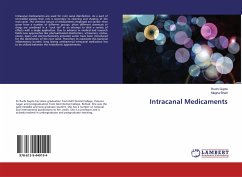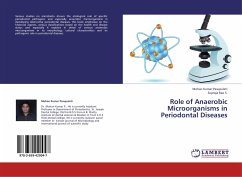Endodontic disease is a biofilm-mediated infection, and primary aim in the management of endodontic disease is the elimination of bacterial biofilm from the root canal system. The most common endodontic infection is caused by the surface-associated growth of microorganisms. It is important to apply the biofilm concept to endodontic microbiology to understand the pathogenic potential of the root canal microbiota. It is foremost to understand how the biofilm formed by root canal bacteria resists endodontic treatment measures. The dental biofilms are organized structures, which are complex microbial communities composed of a great variety of bacteria with different ecological requirements and pathogenic potential. The formation of biofilms carries particular clinical significance because not only gives bacteria effective protection against the host's defense system but also makes them more resistant for therapeutic efforts. So,Successful root canal treatment depends on wide knowledge about endodontic biofilm as well as effective killing of biofilm bacteria.
Bitte wählen Sie Ihr Anliegen aus.
Rechnungen
Retourenschein anfordern
Bestellstatus
Storno

